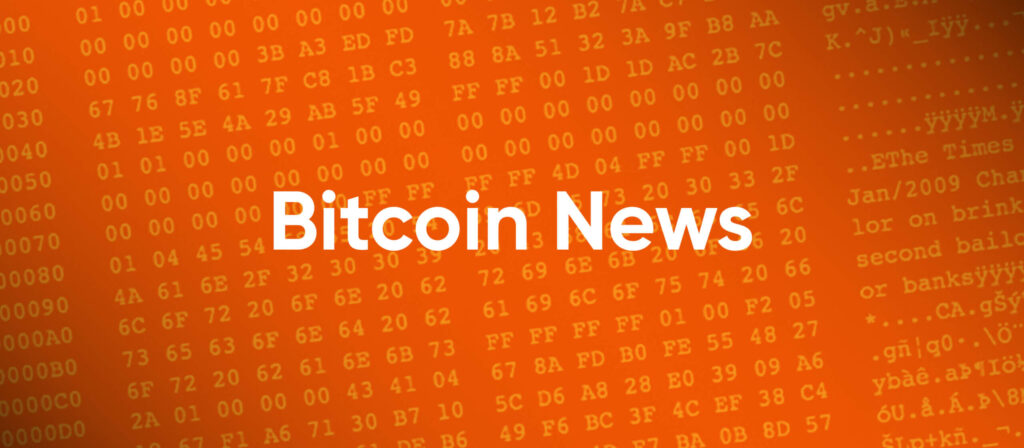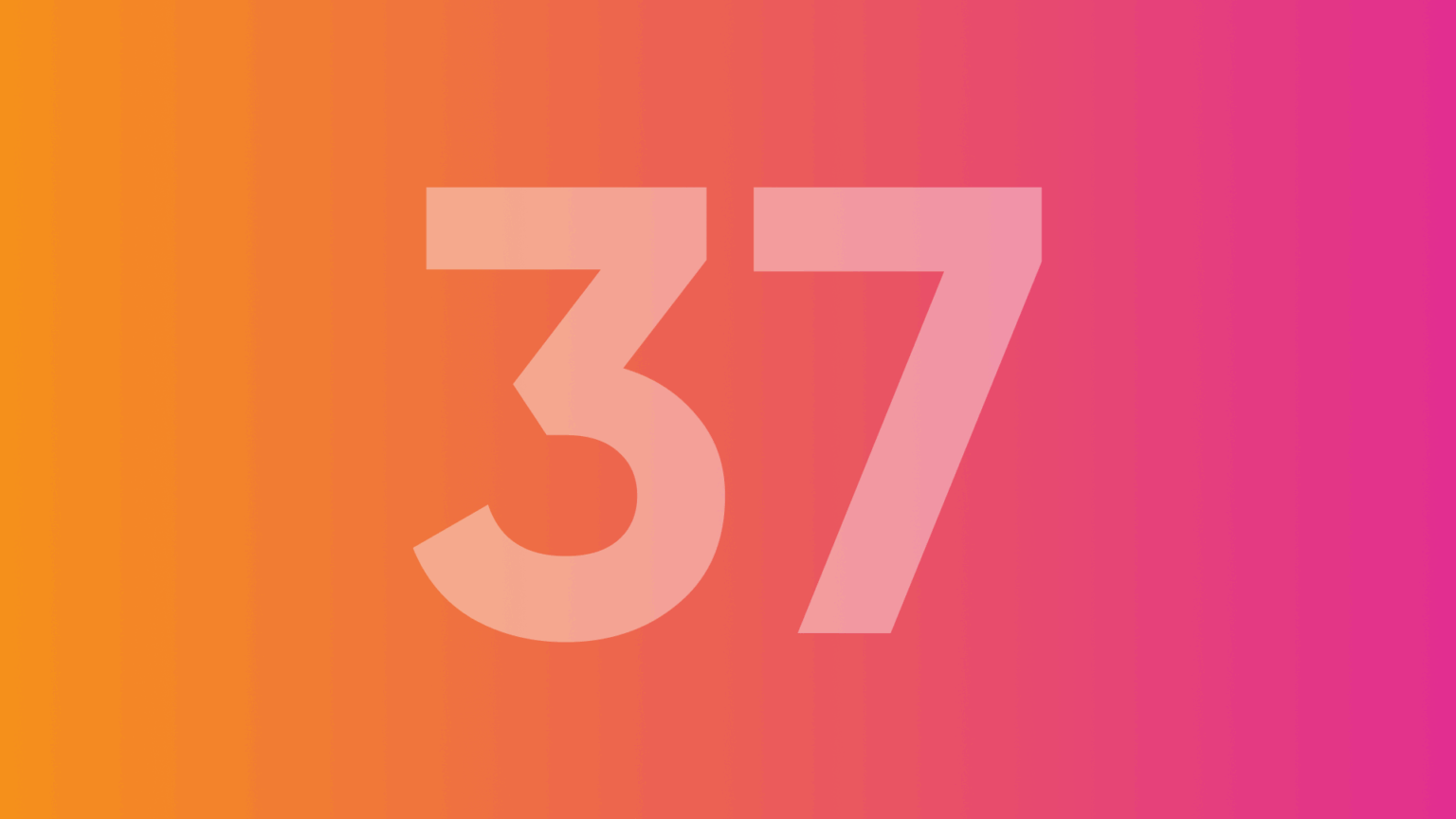The Financial Freedom Report is a newsletter focusing on the role currency and banking play in the civil liberties and human rights struggles of those living under authoritarian regimes. We also spotlight new tools and applications that can help individuals protect their financial freedom.
Good morning, readers!
In Russia, the crackdown on charitable donations continues. Ksenia Karelina, a dual Russian-American citizen, was sentenced to 12 years in prison for donating $51 to a Ukrainian charity. Her case highlights the severe risks individuals face when supporting Russian opposition and reminds us of the critical need for financial privacy, especially for the billions of people who live under tyrannical regimes.
Similarly, in Venezuela, dictator Nicolás Maduro approved a new law targeting non-governmental organizations and requires them to disclose whether donors are foreign or Venezuelan. This puts NGOs under increased surveillance and legal risk and discourages donations from supporters who fear retribution.
On the freedom tech front, Boardwalk, a self-custodial eCash wallet, introduced an eTip feature that allows anyone with a Bitcoin Lightning wallet to tip eCash directly to anyone’s Boardwalk profile, expanding options for activists to receive donations with strong privacy. And Blue Wallet implemented BIP-47 payment codes, which generate new Bitcoin addresses for each transaction, helping to phase out address reuse and enhancing financial privacy.
Finally, we recommend a podcast episode featuring HRF’s Chief Strategy Officer Alex Gladstein in which he discusses Bitcoin’s impact on global human rights, from empowering the #EndSARS protests in Nigeria to support opposition efforts in Belarus. Gladstein shows how Bitcoin is quietly disrupting today’s outdated and entrenched power structures. Give it a listen.
Now, let’s dive right in!

Venezuela | Approves Repressive NGO Law
Venezuela’s National Assembly passed a draconian bill granting the regime increased control over non-governmental organizations (NGOs). The bill mandates that NGOs disclose whether their donors are Venezuelan or foreign (leaving unanswered questions about the regime’s treatment of NGOs receiving foreign funding). It will likely discourage international and domestic donors from supporting Venezuelan NGOs out of fear of state retribution. As lawyer Ali Daniels noted, “In the end, what they want is to repress NGOs with this bill, which forms part of the repressive wave following July 28 and seeks to definitively clamp down on civic space.” By controlling donations and tightening its grip on NGOs, the regime effectively silences voices challenging dictator Maduro’s stolen elections and advocating for human rights.
Russia | Sentences Woman to 12 Years in Prison for Donating to Ukraine Charity
Earlier this year, Ksenia Karelina, a dual Russian-American citizen, was detained during a family visit to Russia after officials discovered a $51 donation to Razom for Ukraine, a charity providing humanitarian aid to children and the elderly. Despite the charity’s humanitarian focus, Russian officials claimed Karelina had “transferred funds in the interests of a Ukrainian organization, which were subsequently used for the purchase of tactical medicine items, equipment, means of defeat, and ammunition by the Armed Forces of Ukraine.” She now faces 12 years in prison on account of “treason.” Karelina’s case is a sobering reminder that financial transactions can be weaponized by authoritarian regimes.
Bangladesh | Political Turmoil Threatens Citizens’ Financial Freedom
Bangladeshi Prime Minister Shiekh Hasina, who ruled in an increasingly authoritarian fashion for 15 years, resigned earlier this month and fled the country. Her departure follows student-led protests against a controversial quota system that reserves 30% of government jobs for descendants of the 1971 independence war (a policy seen as limiting economic opportunities for the wider population). Roughly 300 people were killed in these protests, thousands injured, and more than 10,000 arrested. In addition to Hasina’s resignation, key officials, including the central bank chief and four deputy governors, also resigned. As political unrest continues, the banking sector is grappling with liquidity shortages, a foreign exchange crisis, and rising inflation. In such unstable environments, decentralized and global financial systems outside political control, like Bitcoin, can offer some respite and refuge to struggling citizens.
Iran | Offers Bounties to Stop Bitcoin Mining
The Iranian regime is using Bitcoin mining as a scapegoat for the country’s severe power outages. It’s offering $20 bounties to those who report “unauthorized” Bitcoin mining operations. This is an obvious move to penalize individuals who are converting electricity to Bitcoin without paying rent to a corrupt regime. It comes as citizens are desperate for better monetary technology, in the face of a rial currency that has utterly collapsed in the past few years and very few ways to connect to the international economy. To help Iranians and others who live under similar conditions, HRF’s Bitcoin Development Fund supports projects that make Bitcoin a more private and secure financial system for those living under financial repression.
Equatorial Guinea | Internet Shutdowns Cover Human Rights Abuses
In response to peaceful protests against the regime’s dynamite mining and toxic waste dumping, Equatorial Guinea’s regime (led by Teodoro Obiang, who seized power in 1979 and still rules 45 years later) shut down Internet and mobile communications on the island of Annobón. These Internet shutdowns limit the financial freedoms of citizens by blocking off access to online banking, mobile money transfers, and alternative financial transactions. This makes it hard for the public to receive payments, run businesses, fund protests, or send money to family. On top of this, the regime already tightly controls foreign currency transactions and delays or blocks transactions involving large sums. Increasingly, HRF is monitoring authoritarian regimes using internet shutdowns to quell dissent and financial freedom. Follow HRF grantee NetBlocks to learn more.

Boardwalk | Lightning eCash Tips
Boardwalk is a self-custodial eCash wallet that allows users to send and receive dollar-denominated eCash using the Bitcoin Lightning Network and Cashu protocol. Recently, Boardwalk introduced an eTip feature. This allows anyone, even those without an eCash wallet, to send eCash directly to anyone on the Boardwalk platform. For example, if you have a Lightning wallet (such as Zeus, Strike, or Phoenix), you can send Bitcoin to a Boardwalk user, who will then receive it as eCash. This is yet another option for more private transactions (with the tradeoff of trusting custodial eCash mints). For example, an activist can share their eTip link on social media and receive anonymous donations instantly. Since this is a relatively new solution and still in beta, we encourage you to learn more about this project here.
BlueWallet | Implements BIP-47 Payment Codes
BlueWallet, a self-custodial mobile Bitcoin wallet, released v7.0.0 with new privacy features like BIP-47. BIP-47 is a protocol that allows users to create reusable payment codes. More specifically, it generates a new Bitcoin address for each transaction, prevents address reuse, and enhances privacy. With this update, activists can receive donations without revealing their Bitcoin address, making it harder for censorious authorities to surveil their financial activities. Combined with the recent ability to send Silent Payment addresses, Blue Wallet continues to offer a wider set of privacy tools for activists.
Bankify | Turn Any Cashu Mint into a Lightning Wallet
Bitcoin developer SuperTestnet created “Bankify,” a tool that can transform any Cashu mint into a Lightning Wallet with Nostr Wallet Connect (NWC) support. Bankify simplifies converting eCash tokens into Lightning payments (and vice versa). This makes it easy for users to send and receive payments with just a “send” and “receive” button. Bankify also runs an NWC server in the background to connect the wallet with external applications, allowing for a greater variety of services and functionalities. However, Bankify stores private keys and eCash without encryption. Given private keys are the most sensitive piece of information in a Bitcoin wallet, this carries inherent security risks. If you decide to try Bankfiy, we recommend using only test funds.
Ark | Releases v0.2.0
Ark, a payment protocol for Bitcoin, released version 0.2.0. Still early in its stages, Ark claims to offer scalable transactions without the liquidity constraints and channel management of the Lightning Network — though it requires users to go online regularly to prevent funds from expiring. Prior to this release, Ark required support for covenants (a potential soft fork that would introduce new conditions on how Bitcoin transactions could be spent) but this update eliminates that requirement. Users can apparently leverage Ark on the Bitcoin network without requiring a covenant soft fork. The update also adds support for offline payments and new client software development kits (SDKs) for developers to integrate Ark into their projects. These enhancements position it as a promising, if nascent, solution for private and scalable Bitcoin transactions.
Zeus | Announces Olympus LSP Integrations with Mutiny, Lightning.Pub, and Alby Hub
Zeus, creators of Zeus Wallet, integrated their Olympus Lightning Service Provider (which helps users connect to the Lightning Network while keeping control of their funds) with three platforms: Lightning.Pub (Pub for short), Mutiny Wallet, and Alby Hub. Pub is an open-source Nostr-powered Lightning node that incentivizes communal node running. With this integration, users can benefit from Olympus’s efficient channel management. Olympus will also become the default LSP for channels in excess of 3 million satoshis. Mutiny Wallet is an open-source Bitcoin Lighting wallet. With this integration, users who self-host can continue using Olympus’s Lightning connection even after the wallet shuts down later this year. Alby Hub is a self-custodial Lightning wallet with a full Lightning node. With this integration, users can choose to manage Lightning channels using Olympus.
OpenSats & Btrust | New Grants for Bitcoin Core Development
OpenSats, a nonprofit supporting open-source projects, and Btrust Builders, a nonprofit supporting Bitcoin developers in the Global South, announced new grants for Bitcoin Core development. OpenSats awarded grants to three Bitcoin Core developers:
• Tdb3, who is working to enhance Bitcoin Core’s stability, security, and performance by reviewing pull requests.
• David Gumberg, who is optimizing the initial block download (IBD) process for Bitcoin Core nodes, helping to reduce time, bandwidth, and storage challenges.
• Hodlinator, who is enhancing Bitcoin Core through code revisions, addressing performance issues, debugging, and refining tests.
Meanwhile, Btrust extended grants to six developers working on Bitcoin Core, Silent Payments, and Lightning: Enigbe Ochekliye, Tobechi Chukwuleta, Kelvin Isievwore, Abubakar Sadiq Ismail, Duncan Dean, and Oghenovo Usiwoma. These grants are a testament to the importance of continued support for the development of Bitcoin Core.
Mi Primer Bitcoin | Launches Initiative to Educate 100,000 Students about Bitcoin
Mi Primer Bitcoin (MPB), a nonprofit organization accelerating Bitcoin education in Central America and beyond, launched an initiative to educate 100,000 students about Bitcoin. Since 2021, they have educated over 35,000 students and created educational materials like the Bitcoin Diploma, which is used in over 20 countries worldwide. To reach its 100,000-student milestone, MPB will focus on its classroom-based education (such as those at the MPB House located in San Salvador), collaborations with public schools, and expanding its program globally. If you’d like to support their work, you can donate to their campaign here.
Recommended Content
Bitcoin is the Third Way with Alex Gladstein
In this episode of “THE Bitcoin Podcast,” HRF Chief Strategy Officer Alex Gladstein delves into Bitcoin’s role as a powerful tool against authoritarian regimes. He recounts how during the #EndSARS protests against police brutality in Nigeria, activists turned to Bitcoin when the government froze their bank accounts. Similarly, in Belarus, opposition leaders used Bitcoin to fundraise and coordinate activities during mass protests against Alexander Lukashenko’s regime. Effectively allowing them to circumvent the regime’s financial stranglehold. Gladstein also explores Bitcoin’s broader impact on global politics, arguing that its decentralized structure has the potential to challenge the dominance of oppressive governments and pave the way for more democratic systems. Watch the full episode here.
– If this email was forwarded to you and you enjoyed reading it, please consider subscribing to the Financial Freedom Report here.
– Support the newsletter by donating bitcoin to HRF’s Financial Freedom program via BTCPay.
Want to contribute to the newsletter? Submit tips, stories, news, and ideas by emailing [email protected].
The Bitcoin Development Fund (BDF) is accepting grant proposals on an ongoing basis. The Bitcoin Development Fund is looking to support Bitcoin developers, community builders, and educators. Submit proposals here.







